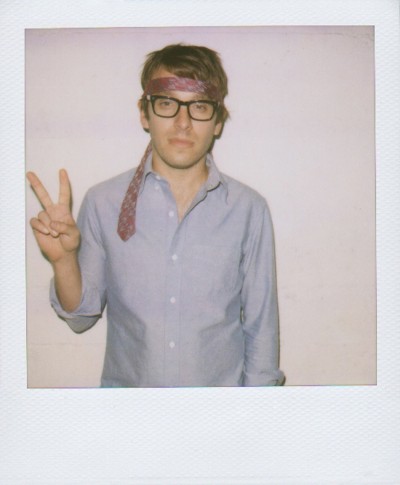Words with (Fashion) Friends: Danilo Venturi
March 30, 2018
Kevin Bass


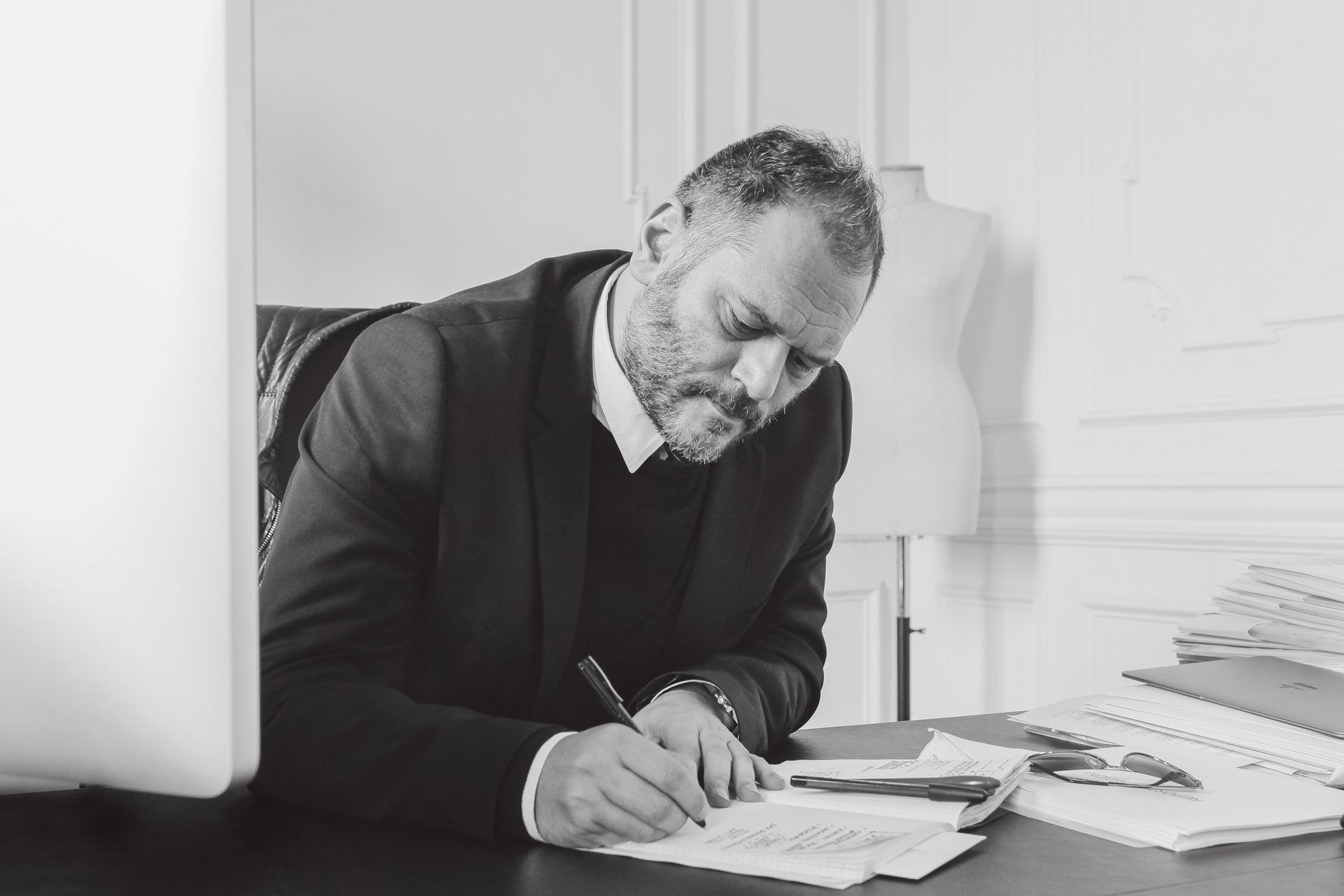
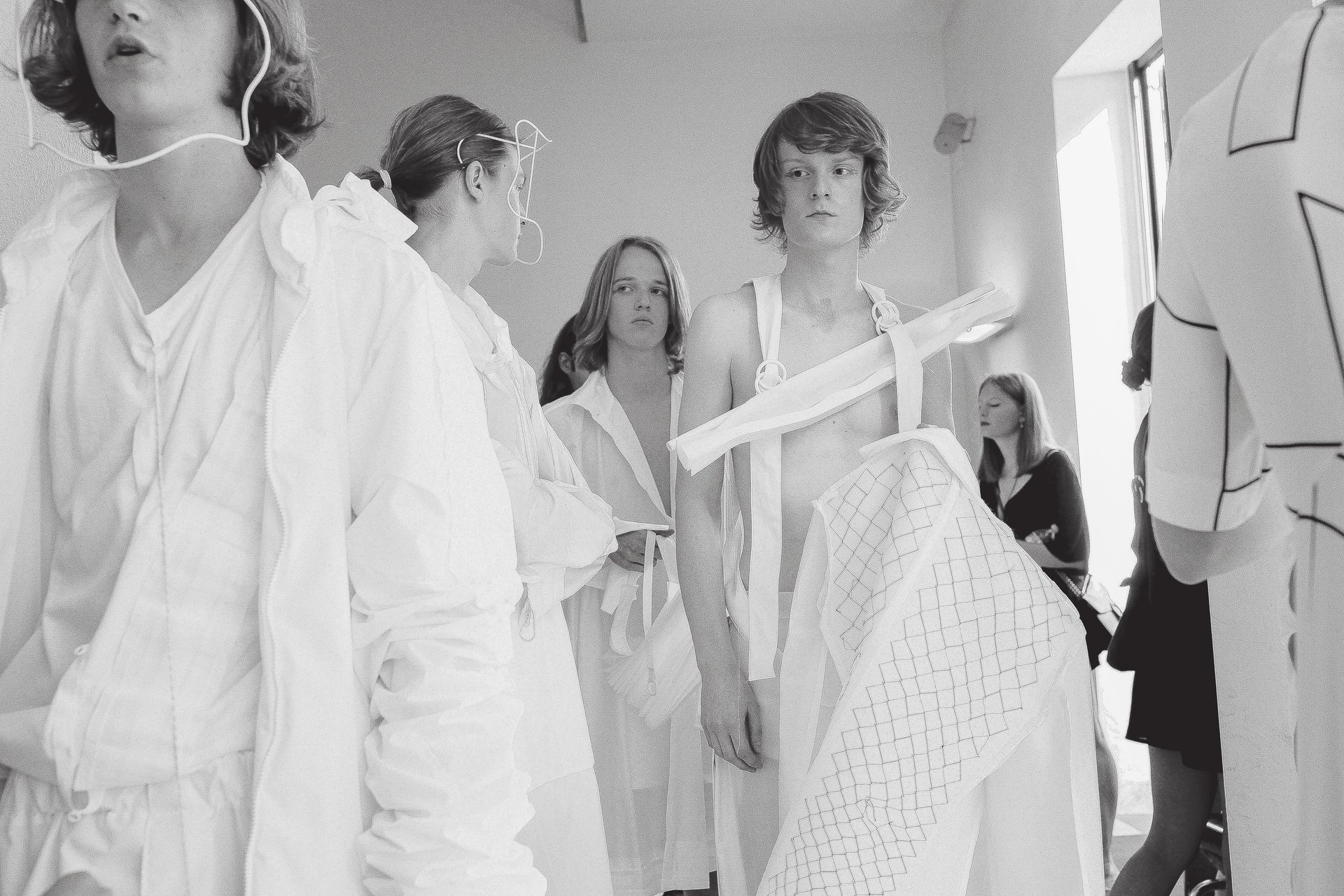
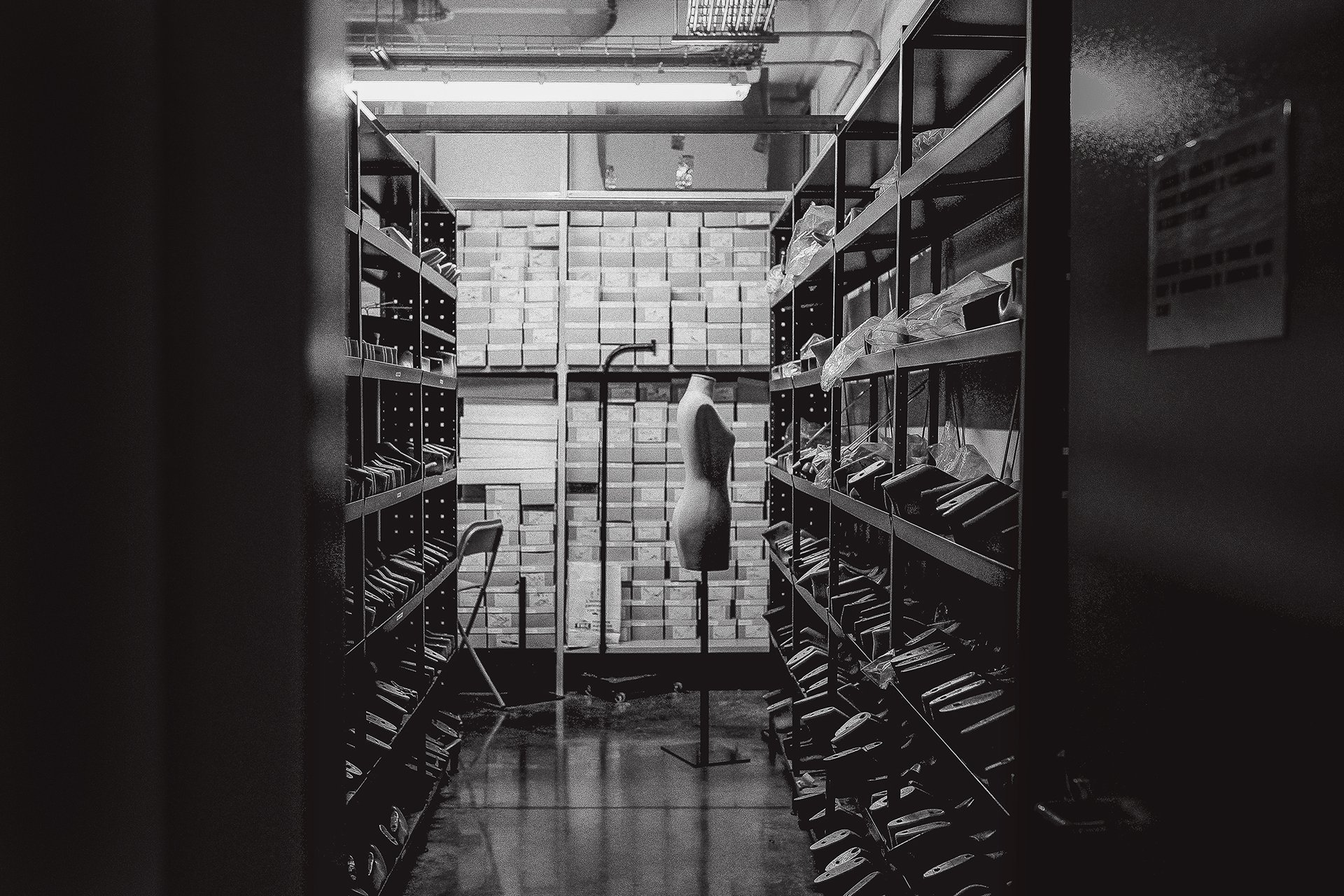
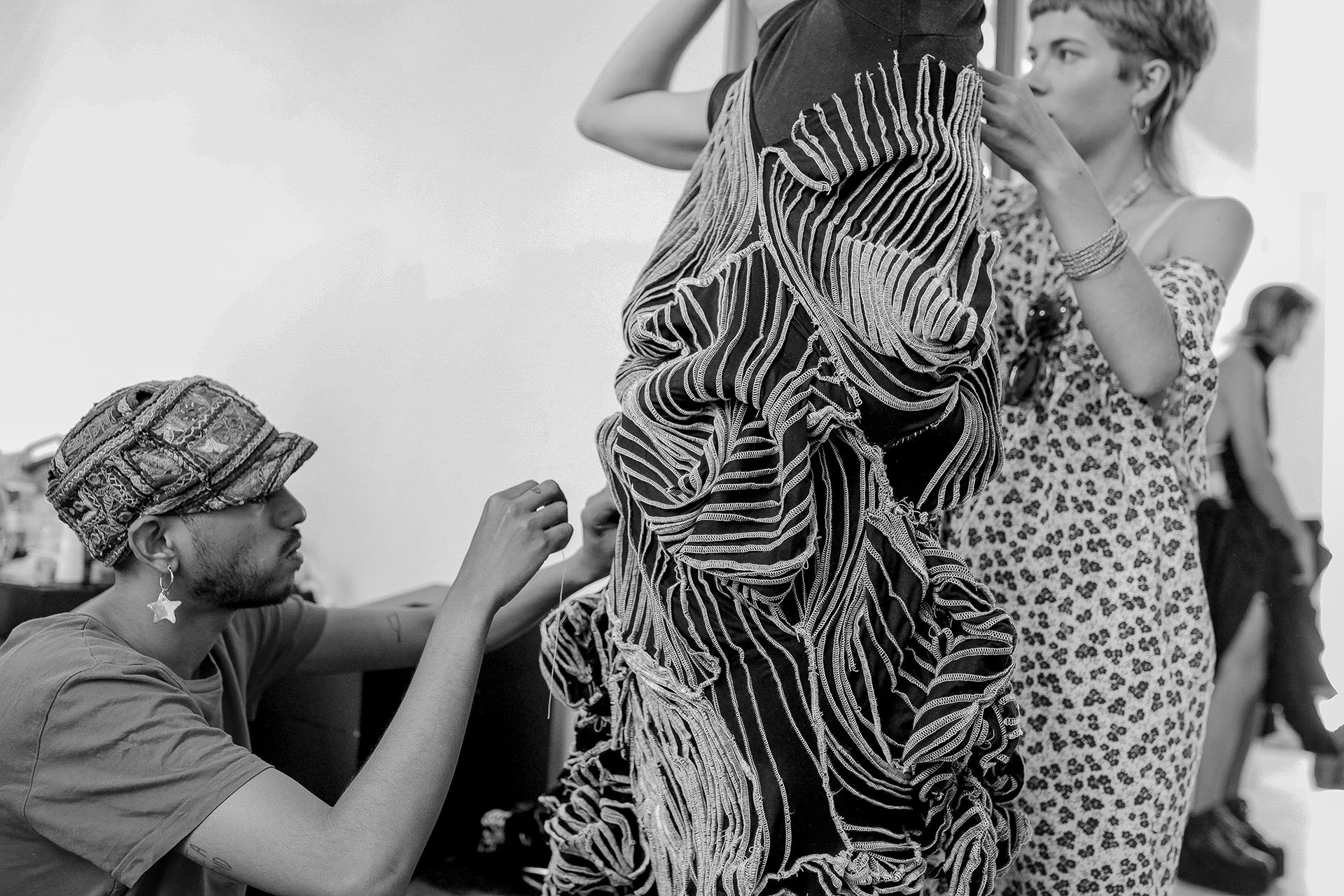
Danilo Venturi
Florence private fashion school Polimoda was founded in 1986 by FIT and Emilio Pucci. Since 2016, Danilo Venturi has served as director of the prestigious institution. Venturi, who holds a Master’s degree in Luxury Management from the university, is the author of Momenting the Memento: Fashion, Education and & the City. Under his direction, Polimoda has strategically included industry leaders into its curriculum, among them CFDA Director of Education and Professional Development Sara Kozlowski, who mentors students of Polimoda’s undergraduate course in fashion design. Polimoda also participates in CFDA+ and other early emerging programs. Venturi also sits on the advisory board for the 2018-2019 Elaine Gold Launch Pad. We checked in with him Venturi about Florence, Italian fashion and food, and the Polimoda philosophy.
What is your favorite thing about Florence?
I like that it has a smell that is somewhere between flowers and moldy buildings, the old people talking about politics in the gardens, the spring showers with open windows, the difficulty of reaching it and the impossibility of leaving it. Florence is a bubble in space and time. When you get used to it, you cannot do without it. We always complain about it and try to travel as much as possible, but we always come back. Florence is a perfect home city – it is pure love.
What is Italy most known for? As a fashion capital, what sets it apart from London, New York, and Paris?
Italy is known mainly for its food, which in this country is taken very seriously, — not only for the quality of the ingredients and the variety of dishes, but also for certain rituality and aesthetics that accompanies being at the table. The same values are found in Italian fashion. Actually, Italian fashion was born in Florence as well as perfumerie before moving to the French court. It’s here that twice a year, the Pitti Immagine happens. This event goes though menswear (Pitti Uomo), kidswear (Pitti Bimbo) and the latest trends in textiles (Pitti Filati), but above all it’s a big kermesse of contemporary fashion culture attended by guests like Raf Simons, Undercover and Craig Green. Florence is the city of Gucci, Pucci, Ferragamo and Cavalli and it’s here that Kering and LVMH produce the biggest part of their leather goods. Milan is more about prêt-à-porter, Florence is more menswear and accessories, and both are fashion capitals among others.
You received your Master in Luxury Management at Polimoda. What did you learn at Polimoda then? What made you decide to come back to teach?
When I arrived at Polimoda as a student, I had already gained experience in the music industry, pioneered concept and e-commerce stores, as well as worked for an international luxury lingerie brand. Polimoda taught me to organize my thoughts and effectively put them into practice. This is what we now call “lateral thinking,” “interdisciplinary approach” or “diversity.” The return as a teacher was random; Polimoda probably just needed someone to take up the Friday afternoon classes. It was during this time that I met Linda Loppa and I evolved rapidly. I wrote two books and created the methodology that permeates the school today to becoming director. My role is much more oriented to the development of the school as a structure, but I miss teaching, I miss my students, so I decided to come back and mentor the master in Fashion Brand Management.
What do you bring to the industry and education being based in Italy? How does your role at Polimoda put the school and its students towards success?
Being an Italian in fashion by nature means being a quality maniac, visionary and determined in execution. What I have brought to the school comes from being Italian as well as from my character: I research a lot and I think deep, but then, when I have decided to do something, I come out with a statement and I put it into practice. If you pass the term, it’s a “zero bullshit” approach: you say what you think and do what you say. Students are trained to do the same and this makes them particularly recognizable for their attitude.
Thinking about the partnerships you’ve established for Polimoda (i.e. Kering/Gucci) what do you hope your current students take away from the Polimoda experience? How does Polimoda prepare them for life after graduation?
These great collaborations are just the tip of the iceberg of a didactic structure built on relationships in the industry. Being a private school allows us to design programs based on the needs of the real world, in real time, and often even to anticipate them. All the teachers come from the industry and we are in contact with around 2,000 companies for applied projects and internships. When the point comes for a student to work, they have already been shown the ropes and taught about industry professionalism through real experiences and applied projects. I want the school to be a real hub where companies but also single professionals come and contribute. In the last two years, our Polimoda shows and lectures were attended by people like Suzy Menkes, Christiane Arp, Julie Gilhart, Marco Bizzarri, Laudomia Pucci, Floriane De Saint Pierre, Guram Gvasalia, Imran Amed, David Fischer, Dylan Jones, Sarah Blair and Christopher Lacy, and many others. One single word coming from the experience of these professionals can make the difference for our students.
To you, what makes Polimoda the top Italian fashion school?
I believe that being the top Italian fashion school in the world depends on being both the most Italian and the most international. We keep our brand promises and because the students mainly decide and determine the results of the rankings, we are rewarded at the end. Being a private and independent institution also means not having any support from establishments, lobbies and financial groups. Although this can be challenging at times, it is also the foundation of our freedom. Then, when talking about designers coming from famous schools we always tend to remind the giants form the past but Polimoda has a real grip on the contemporary, with names like Edgardo Osorio (Aquazzura), Lucie Meier (Jil Sander), Francesco Risso (Marni), Torsten Hochstetter (Puma), Massimiliano Giornetti (Shanghai Tang), Italo Zucchelli (15 years in Calvin Klein), Eva Paola Spagnolo (shoes and leather goods at Alexander McQueen) and Nicholas Kunz (Nicholas K). Among the emerging ones, I can mention Barbara Sanchez-Kane, Federico Cina and the duo Huge Underground Business. If I start to list all alumni covering important managerial roles in companies like Prada, Dior or Burberry, a day is not enough. Students make the school and I am very proud of them.
What differentiates Polimoda’s approach from that of other fashion schools in Italy?
First of all, it’s about the equity: 2,000 students from 70 different countries, divided into four departments (Fashion Design, Fashion Business, Art Direction and Design Management), each one with undergraduate, postgraduate and short courses, with almost 90% of placement rate within 6 months. Then, here nobody speculates anything, we have our philosophy and our own method, we are a non-profit company, and that means we reinvest everything we earn in work tools, facilities and books for our library. This makes the difference when it comes to quality.
What kind of qualities do you encourage in your students?
Working in education, especially in fashion, is a great responsibility because fashion is a complete field that includes individual, society and industry. I ask our students to try make a difference in all three areas. If we think of sustainability, we have to start from education and consciousness. Pollution is first mental, when you do not know who you are, the social pressure to conform or to fit into a crowd, pushes one to shape your identity by the fashions dictated to you, leading to a bad case of overconsumption. Our students will shape the future so what we ask them is to learn to work but also to acknowledge what their responsibilities are and how to act in the world around them. In three words: culture, identity and purity (of ideas).
How would you describe the current state of Italian fashion?
Variegated. On the one hand, we have a return to an Italy of luxury productions and the boom of some brands – think of Gucci’s growth and how many people the company will have to hire in the coming years. Therefore, the real world works well. What does not work is gerontocracy—it is too particular and stifling, without systematic interests and politics. Italian laws do not favor new business and that is one of the many reasons we are witnessing a brain-drain (and among these I also put fashion businessmen and designers). For this reason, as a school, I focus a lot on the relationship with companies. Work is a principle of dignity and life; it is the basis for happiness. That’s why we work, no?
Previous
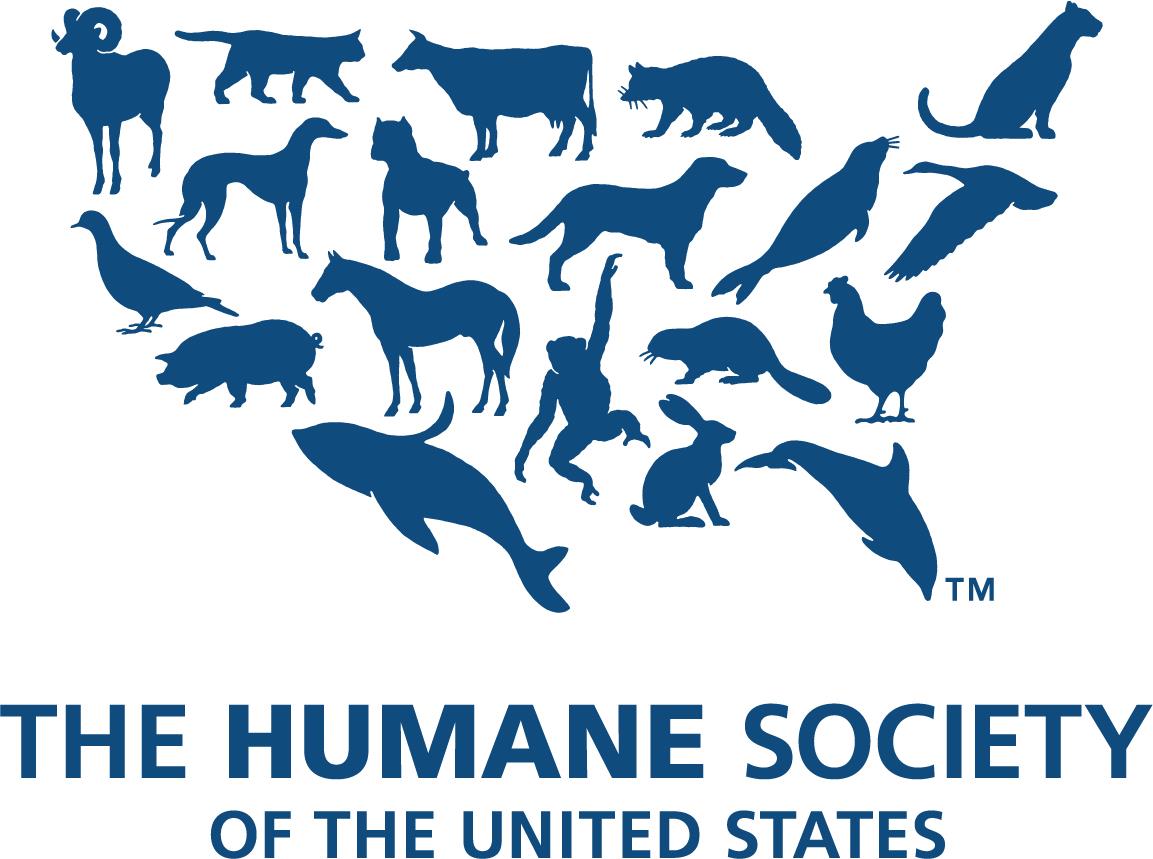
The Case for Fur-Free
